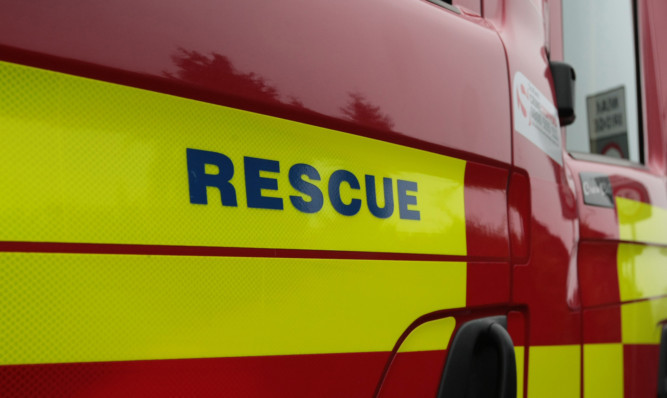Firefighters have had to deal with malicious calls for the first time since 2009.
Figures in a new ward analysis report from the Scottish Fire and Rescue Service show crews attended four calls to deliberate hoaxes in 2012/13.
Angus and Mearns MSP Nigel Don slammed the perpetrators who he said were putting lives at risk.
“Malicious false alarms are not funny; they can have fatal results because the fire, police and ambulance services are distracted and not available to deal with real emergencies,” he said.
“Folk really need to understand that there could be tragic consequences from their jokes. Let’s make sure our emergency services are ready and waiting when they are really needed.”
The total number of false alarms was 34, up from 20 the previous year but lower than the Aberdeenshire average of 46. Five deliberate fires were recorded in the Mearns in 2012/13, compared with seven the previous year and 11 in 2009/10.
There were 43 accidental fires, down from 48 a figure well above the Aberdeenshire average of 30. For the second year running, there were no fatal fires in the Mearns and nobody was deemed a “casualty” from a non-fatal fire.
Fire crews also attended six non-domestic blazes.
Senior officer David Rout said: “The SFRS Ward Based Analysis Report not only provides me as the local senior officer with an in-depth analysis of activity across Aberdeenshire and Moray but assists the SFRS in strengthening the relationship with our communities in working with our partners to identify the most vulnerable communities and most vulnerable individuals within communities, so as to target activity where it is most needed.
“Hoax calls can cost lives. What may seem like a harmless prank can actually divert emergency services away from a genuine emergency.
“This can mean the difference between life and death for someone. Any person who makes a hoax call is committing a criminal offence, which could lead to a criminal conviction and even a custodial sentence.”
The number of road traffic collisions attended went up from nine to 14 but remained significantly lower than the 24 and 26 incidents attended in 2009/10 and 2010/11 respectively.
There was one call to a special service extraction and four to “other” special services.
